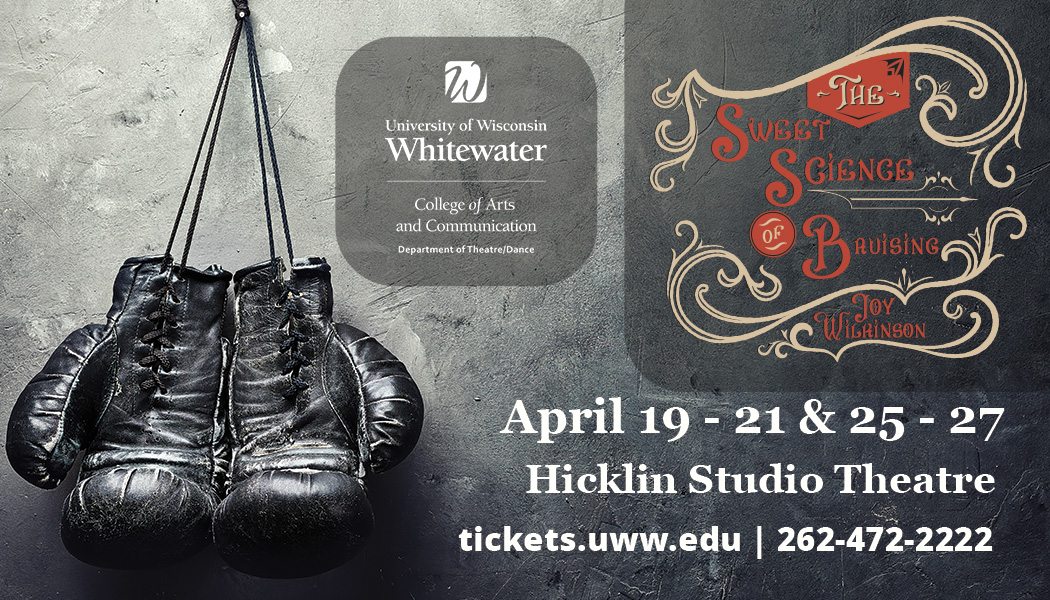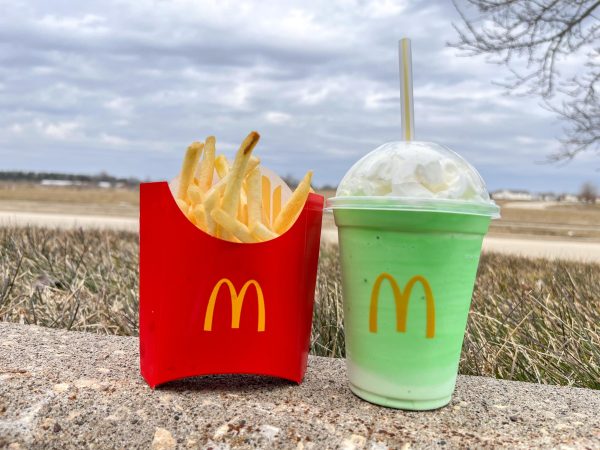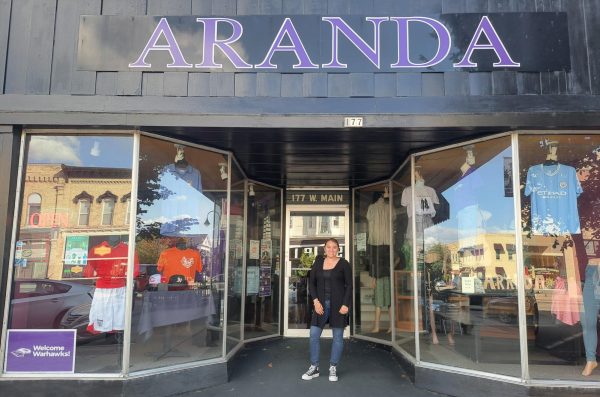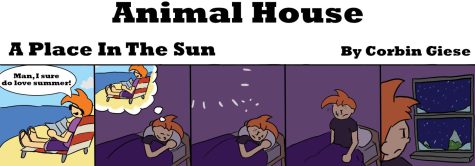Classic or Plastic
September 14, 2016
As we begin, or as we return to the busy schedule of a college student we start the semester strategizing how we are going to tackle the new academic year. Syllabus week might be peachy-keen, but the silent scream that projects inside your head as your professor quickly spits off the numerous exams, projects and papers that are going to consequent you in a 24/7 library quarantine- is not.
If one takes the initiative to acquire the scientific knowledge behind how we as humans work in order to improve their academic athletic artistic performance, then you my friend are in a sense yanking the lemons right out of life’s hands and making the purest, preservative free, organic, lemonade.
I don’t expect you to spend hours in the library researching how the human brain works, you have things to do. Thankfully myths, legends, folk tales, main stream pop culture and our grandmothers have an archive of beneficial facts that help us advance in life, and those my bright eyed, bushy tailed freshman or sleep deprived, malnourished, fatigued upper class men, is what we call life hacks.
In order to conquer this new school year, you must be equipped with the most top notch life hacks. While we don’t bother questioning if Twitter or our Grandma is giving us the most factual life hacks, it is important that we differentiate between which life hacks are classic or plastic.
Classic: “Chewing gum makes you less nervous.”
First week of class nerves, we all know them well. Don’t let nerves get the best of you during the routine icebreaker before the start of each new class. Next time that you feel anxiety sneaking up on you, pop in some gum. Research suggests that gum increases stimuli by alerting the senses smell, taste, and touch and helps put nerves to ease. According to greatest.com in a study where participants chewed gum twice a day for two weeks, the participants rated their anxiety as significantly less than non-chewers.
Plastic: “People work better under pressure.”
Before each exam is the traditional five minute exchange amongst students in the hallway, discussing their anticipation for the upcoming test before they enter the classroom.
To your right, you have the student with the study guide in their hands, filled out front and back while nervously staring at the ceiling as they recite the haiku poems and acronyms they created to remember the names of theories and equations. On your left is the student with the partially filled out study guide on their lap, twirling their pen back and forth between his fingers, sitting in pure bliss.
We respect both students, as they both seem to do just fine with their desired studying technique. However, do not confuse the idea that people do better under pressure with your test preparation preferences.
According to livescience.com, studies show that while people who have “high working-memory capacity” thrive in most situations, but are most likely to crack under pressure. On the other hand, people with a less capacity score tend to not be affected by pressure. Sian Beilock, assistant professor of psychology at Miami University of Ohio said ”people with lower working-memory capacities are not using that capacity to begin with, so they’re not affected by pressure.”
Both: “Writing in Blue ink helps you remember more.”
While it is true that color makes our brain react in different ways, blue ink helps less with memorization and more with creativity. When it comes to being alert to tedious details, red is more beneficial.






















